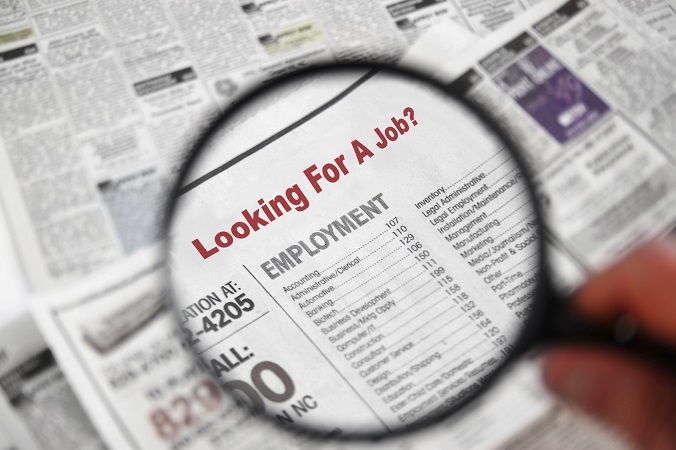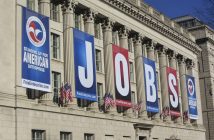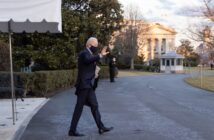The Department of Homeland Security (DHS) announced last week that it will allot an additional 35,000 low- and semi-skilled work visas this year. The move was authorized by Congress, but that doesn’t make it good policy.
H-2B visas — which grant temporary legal status to non-agricultural seasonal workers in such fields as landscaping, restaurants, the hospitality industry and even carnivals — are capped at 66,000 per year. That ceiling has been raised annually with pressure from businesses claiming they can’t find enough qualified Americans.
Though Congress allows issuance of an additional 64,000 H-2Bs per year, the administration approved “only” 30,000 in 2019. Acting DHS Secretary Chad Wolf pledged that this year’s added complement (including 10,000 reserved for workers from El Salvador, Honduras and Guatemala) will come with new fraud-fighting measures. Steps include requiring matching start dates on a petition and the employer’s needed start date, and greater collaboration with the Labor Department on increased site visits.
Stricter enforcement strategies should have been in place long ago. Yet pledges to tighten the system sound a lot like those un-kept promises, associated with prior “immigration reform” programs, about securing the southern border in exchange for a succession of amnesties. If past is prologue, H-2B visas will keep rising, and abuses will continue.
Ironically, two days before Wolf announced DHS’ latest H-2B cap lift, the Justice Department settled a case with a Houston bus company. Investigators found that the company had rejected applications from qualified U.S. workers for temporary driver positions, and then petitioned for H-2B visa workers to fill them.
Such bad behavior is in no way unusual. A Google search on “H-2B violations” nets thousands of citations. Some lawmakers, from both sides of the aisle, have stepped up their criticism.
“The H-2B program, as it operates today, incentivizes unscrupulous employers to hire [foreign]workers instead of American workers and creates poor working conditions for immigrant workers and American workers alike,” Sens. Chuck Grassley, R-Iowa; Tom Cotton. R-Ark.; Dianne Feinstein, D-Calif.; Richard Blumenthal, D-Conn.; and Richard Durbin, D-Ill., stated in a letter to Wolf in January. Grassley doubled down on Thursday, citing “abuses within the H-2B program.”
FAIR President Dan Stein challenged Congress to do its job. “The H-2B visa is a flawed program that depresses wages and eliminates job opportunities for American workers. Congress must quit offloading this politically unpopular decision to bring in more wage-impacting foreign workers.”
In one bit of encouraging news, DHS says it is exploring an idea generated by FAIR to cap individual industries’ use of H-2B visas. Currently, 69 percent of all visas go to just five occupational categories.
In fact, many H-2B jobs are in states that do not actually have labor shortages and where qualified workers are readily available.
For all the indications that the US economy is robust and growing, 5.9 million Americans remain unemployed, and looking for work. Continually importing more foreign labor doesn’t help their prospects, or America’s.




